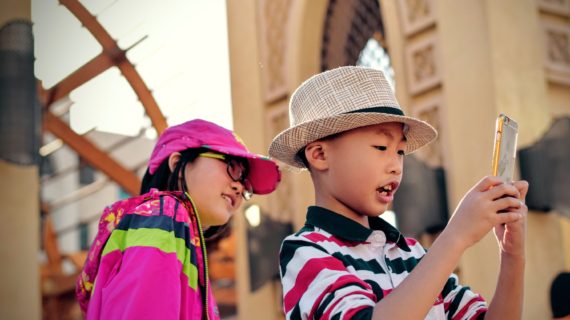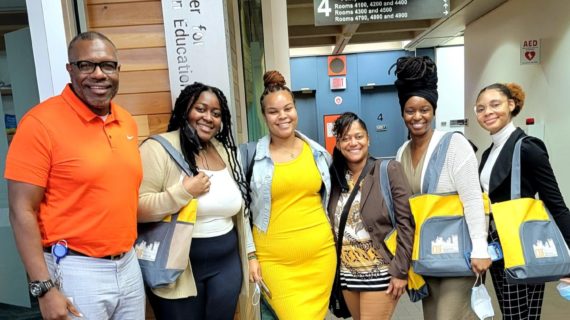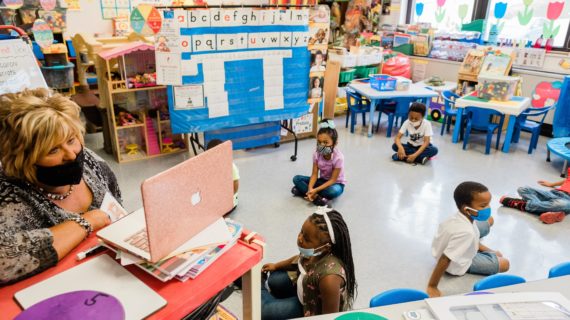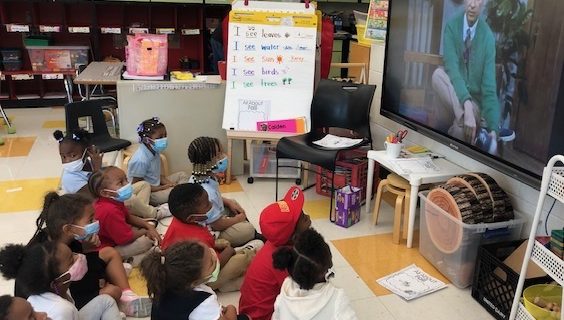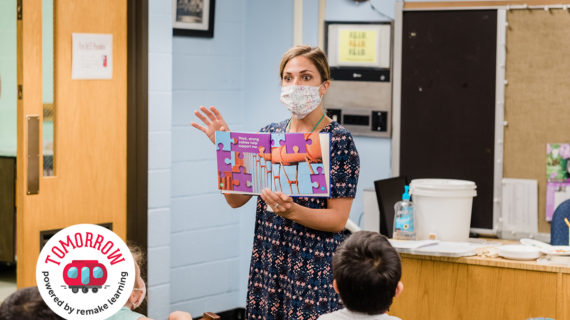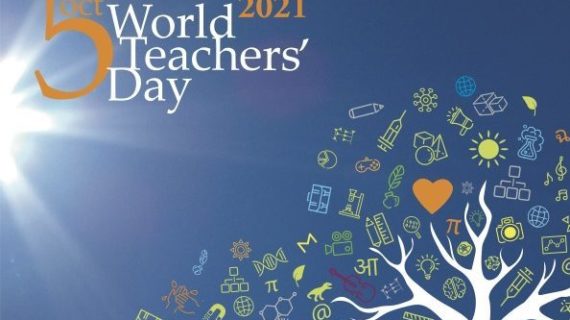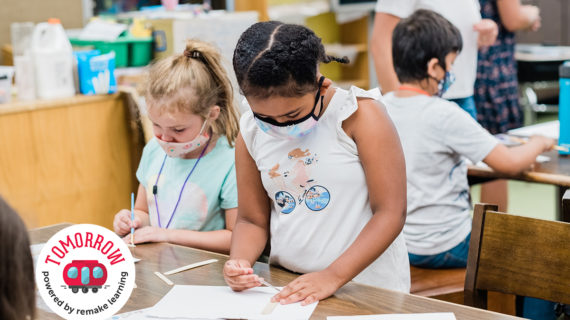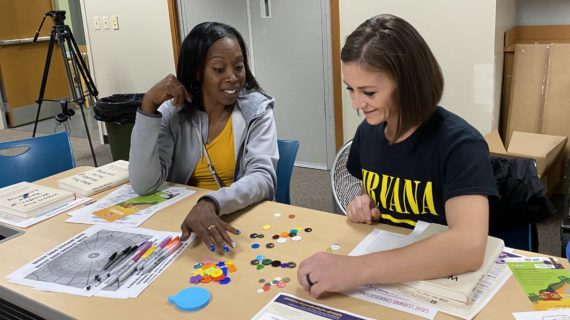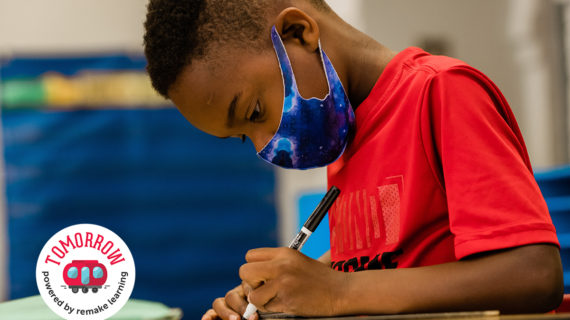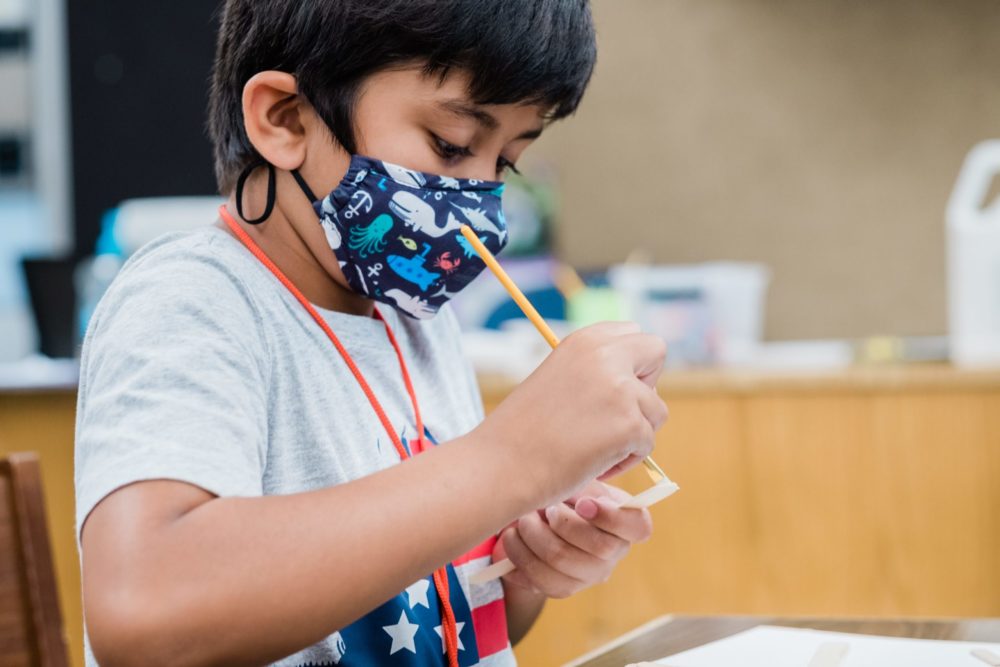
Personalized learning looks different in every district - - just like the students it supports
Last spring, when Remake Learning announced $1 million in Moonshot Grant funding for groundbreaking ideas, California Area School District offered a surprisingly radical and yet totally logical proposal.
What if every child was given an Individualized Education Plan — better known as an IEP? Not just the kids with learning difficulties. Not just the kids with exceptional talents. But everyone.
No one disagrees that each child is an individual with their own interests and abilities. That’s clear as early as preschool. And yet for generations, we’ve tried to teach whole rooms full of children in exactly the same way, at exactly the same pace, simply because they were all the same age.
As schools nationwide attempt to make truly personalized learning possible, California was simply proposing to make it happen with a tool that already existed.
“We accept the fact that we all are variable in our learning approaches,” says California’s superintendent, Dr. Laura Jacob. “Why not take the best of that IEP process and apply that to all students?”
The program kicked off in August with a pilot group of about two dozen kids — a mix of elementary and secondary students. Just two months in, they’ve begun setting personal goals for each learner and helping them discover and define how they learn best.
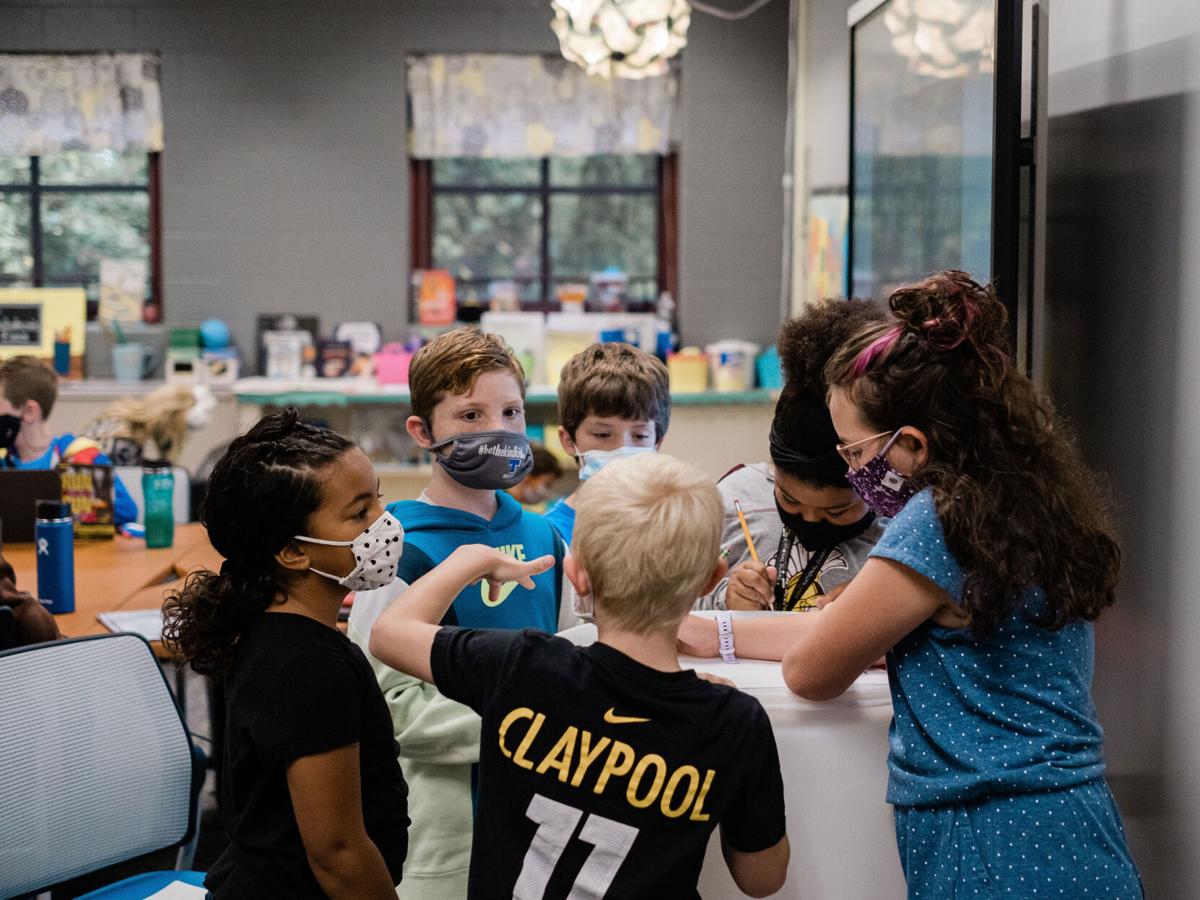
Already, Jacob says, personalization is emerging: One student is fascinated by bees and beehives. So his math and science learning can include things like the trigonometry at play in the structure of beehives. Another student has a strong interest in cooking and baking — skills that involve not just math and science, but also history and world cultures.
These interests may not be infused in everything the child does. But their teachers now have an awareness of who a particular learner is and what sparks their imagination and makes them hungry to know more.
One interesting wrinkle: Nearly all of the children expressed a strong interest in learning new languages, including Turkish and Greek. Although personalized learning involves much more than the use of digital technology, this is a moment where digital learning is the answer: California Area School District doesn’t have anyone teaching Turkish or Greek. But effective, free courses in both languages are available online.
There are, of course, still complexities to figure out. Among them: How do you measure students’ competence when traditional assessments don’t really paint a clear picture of how much they’ve learned? How do you give the high schoolers in the group an accurate GPA they can submit on a college application?
“It’s been a challenge,” Jacob says. “But again, it gets back to my core belief in education. We need to be student-centered. So why aren’t we student-centered? Why not ask the kids ‘What are you interested in?’ and then design their learning experiences around that? Yeah, it has been a challenge to develop that system. But my gosh, it’s been so rewarding.”
To those who say real personalized learning is too complicated or too expensive, Jacob offers hopeful news: “It can be done in other schools,” she says. “Half of our kids are low-income and we’re still pulling it off. We can make it happen.”
In order to help share their discoveries with other districts, the team at California will be charting the process and collecting data throughout this year.
That sharing of ideas is central to the work of Remake Learning’s Personalized Learning Working Group. The group is a collaborative effort between KnowledgeWorks, Remake Learning, the University of Pittsburgh School of Education and the SWPA Personalized Learning Network (PLPGH), and it brings together educators throughout the region.
Chris Sweeney, part of the team that leads PLPGH, says that in some ways the pandemic has slowed down efforts to develop personalized learning in the region’s schools. But in other ways, it’s been an accelerant and encouraged collaboration.
“COVID disrupted institutional structures in education that had resisted change for decades and almost overnight some of those structures were disrupted beyond recognition. Teachers had to figure out how to engage in new and different ways with students. They had to figure out how to embrace technology in different ways,” Sweeney says.
At the same time, we “saw a much deeper push into social-emotional relationship building with students and families,” he says, and those relationships are one key to embracing personalized learning throughout the region.
The pandemic has also reinforced the idea that in a region filled with learning innovation, it only makes sense to share knowledge and learn from other districts.
“We heard during the pandemic that a lot of the districts were struggling to reinvent the wheel,” says KnowledgeWorks’ Lori Phillips, who collaborates with Remake Learning’s working group. “Maybe across town, someone was doing something really great, but they didn’t know.”
Even amid the challenge of the pandemic, districts throughout the Pittsburgh region are busy experimenting with a wide range of strategies to make personalized learning a reality.
At Elizabeth Forward School District, Sweeney says, personalized learning includes thoughtful use of data to better understand each student. At Avonworth School District, it involves a focus on project-based learning, while at Seneca Valley it includes the growing accessibility of online courses that speak to students’ personal interests.
And throughout this school year, as that pilot group of kids at California Area School District are learning to speak Turkish and unlocking the mathematical secrets of beehives, kids at Faison Elementary School are deeply engaged in another, deeply fundamental form of learning: play.
Another Moonshot Grant winner, Hatch, is partnering with Faison to infuse play into every school day and study the children’s learning progress along the way.
Like the IEP project happening at California, this is another project that shows that personalized learning doesn’t happen only at high-income schools. Faison is a Pittsburgh Public School with 91% economically disadvantaged students and 98% children of color, says Shannon Merenstein, Hatch’s founder and creative director.
At Faison, the “Partners in Play” team is “trying to observe and document the children at play, as they’re making their own choices about how they’re playing and who they’re playing with and for how long they’re playing… all that kid magic that happens during child-led play,” Merenstein says.
“It’s really a powerful way for educators to see the complexity of each child’s strengths. And I think it also helps the teachers come back and serve the children in a more profound way. If they know where their children are coming from, they can build curriculum based off of that.”
To serve children in a more profound way. To know where children are coming from. And to build a curriculum that will help each child to thrive in the world that lies ahead. As unexpected as many new approaches to personalized learning may seem, this has always been at the very heart of educating children.
“If there’s one thing that we could really learn from this experience,” Merenstein says, “it’s that children’s humanity needs to be focused on and honored and witnessed and taken into account in a school experience. They’re not simply a learner of academic content. They’re not simply a benchmarked data score. They’re a multi-dimensional person.”
Tomorrow Campaign stories dive deeply into the many facets of learning innovation. As we do, we invite you to share your hopes for today’s young people via social media using the hashtag #RemakeTomorrow, and tagging @RemakeLearning.
